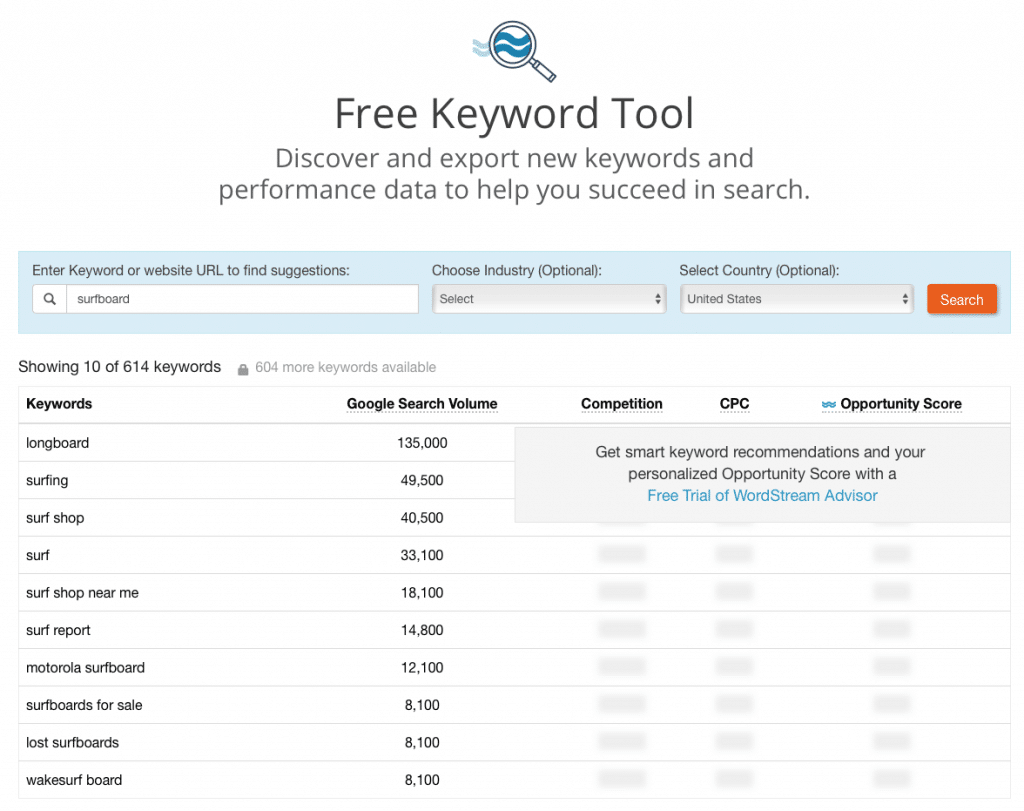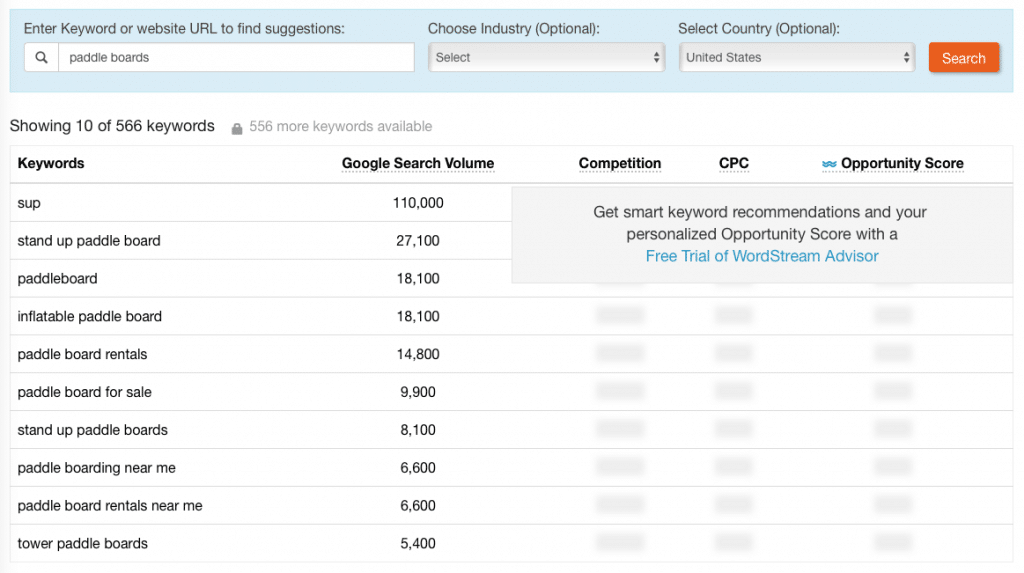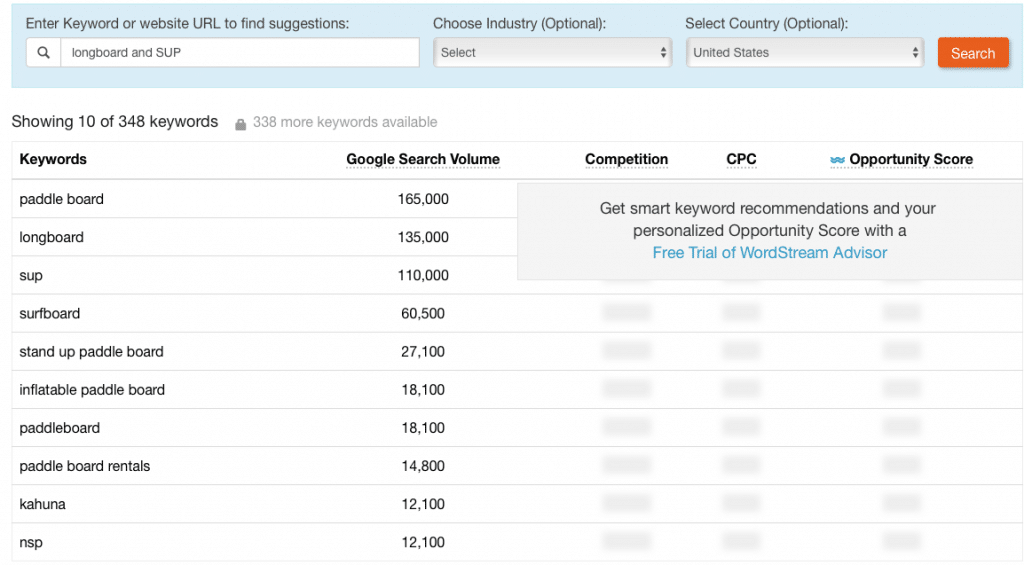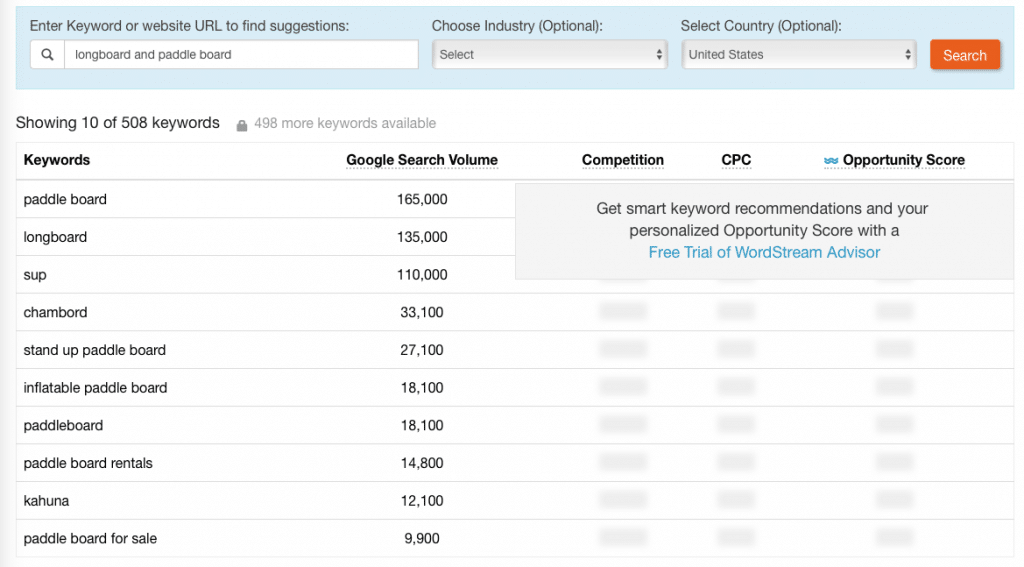Why Your Business Needs a Keyword Strategy, Now!
Developing a keyword strategy to promote your business online is as essential as wearing a bathing suit to the beach.
I mean, you wouldn’t pack a cooler full of snacks and refreshing, cold beverages, plus a beach bag with towels and sunscreen, a wide-brimmed hat, a boogie board, a beach umbrella, chairs – you know, only the absolute the necessities – then put on your favorite jeans and a sweatshirt to enjoy a sweltering 95° day in the sand and surf, would you?
I’m going to assume you answered an emphatic, NO! to that question and pose another question: Why would you spend money on a fabulous website and paid advertising to promote your awesome products or services without developing a keyword strategy?
Let me help you out: You wouldn’t.
Because keyword strategies are an essential part of any successful search engine-friendly digital marketing campaign.
What is a keyword strategy and why should you have one?
Let’s assume you remember that keywords and keyword phrases are any words or short phrases that describe your business, or a specific topic, or a web page on your site.
The best keywords and keyword phrases are ones that people search for most often when they’re trying to find a product or service like the ones you offer.
When you plan a keyword strategy, you help make it easier for people to find you online. Even more specifically, you help your target audience find the products and services you offer so you can gain new customers and increase sales. Which is, I’m sure, why you’re reading this in the first place — to learn how to make the most of your advertising dollars to grow your business.
Here’s the tricky part: How do you know which keywords to use? Where do keywords come from?
Use a free keyword tool to plan your strategy.
Highly relevant keywords, or words that relate closely to your business, or are associated with your type of product, make the best keyword strategies in terms of advertising and search engines.
The good news is, you don’t have to guess which keywords to use. There’s a free tool for that. In fact, there are several free tools that allow you to test keywords you believe are relevant to the product or service you’re offering.
Let’s say, for example, you rent out and sell surfboards and stand-up paddle boards (SUPs), and you want to direct your digital advertising at people planning beach vacations. You want to make it as easy as possible for these beachgoers to find your business and rent (or buy) surfboards and SUPs from you.
Using one of the free keyword strategy tools like WordStream or Google Keyword Tool, it’s simple to enter your words into the tool and get feedback based on how many people use that word or phrase to find similar products and services.
Here’s how I tested the keywords I thought might work for a surf shop.
I used the WordStream tool so I wouldn’t have to sign in to my Google AdWords account (as Google requires to use their free tool). I typed “surfboard” into the keyword suggestion box, skipped over the “choose industry” box, to keep my search broad, and selected “United States” as my country.
As you can see below, the results show that “surfboard” by itself isn’t the best keyword because most people (135,000) use “longboard” instead. (Since I’m not a surfer, I found this helpful.)

Next, I searched for “paddle boards” and the keyword tool shows that “SUP” is more popular, followed by “stand up paddle board” by a significant margin.

Wanting to get the most bang for my advertising buck, I combined “longboard and SUP” and got the best search results. This tells me the most relevant keywords for this type of industry so I can use them to create ads and promote web pages on my surf shop website.

The results get even better if I used the top two results and searched “longboard and paddle board” as you can see from the next screenshot:

Now, when I craft copy for my website and PPC ads, I can use “longboard and paddle board” for the most visibility in the Search Engine Results Page (SERP).
As you can gather, creating relevant ads and web page copy can make a huge difference in your ad campaigns, and how well they rank in Google searches — even while you’re out, not wearing a sweatshirt, soaking up rays at the beach.
Using a free keyword tool to help develop a keyword strategy is relatively simple (and fun*), but if you’re new at the whole PPC, SERP, SEO experience, we’re happy to help. We’ve been driving traffic to websites and creating highly relevant digital marketing content for more than 11 years for businesses like yours.
Reach out now to get started. We’d love to hear from you!
*Fun Fact: I also used the keyword search tool to search for “shepherd puppies” in the Pets & Animals category in the U.S. and saw that “dog” appears 1,220,000 times in Google searches and “German shepherd” appears 550,000. Because, let’s face it, there are a million of us dog-lovers out there, searching for something for our beloved four-legged creatures on any given day.
NOTE: I also searched “cat” (three times!), but the top result STILL came back as “dog” 1,220,000 times, and “kittens” came in second with only 301,000 searches. I find this rather amusing.
Author
Patience is the former director of marketing and communications for Solutions 8. A phenomenal content writer, copywriter, editor, and marketer, she has played a prominent role in helping Solutions 8 become an authority in the Google Ads space. Patience is also the co-author of The Ultimate Guide to Choosing the Best Google Ads Agency and You vs Google.
 Patience Hurlburt-Lawton
Patience Hurlburt-Lawton
